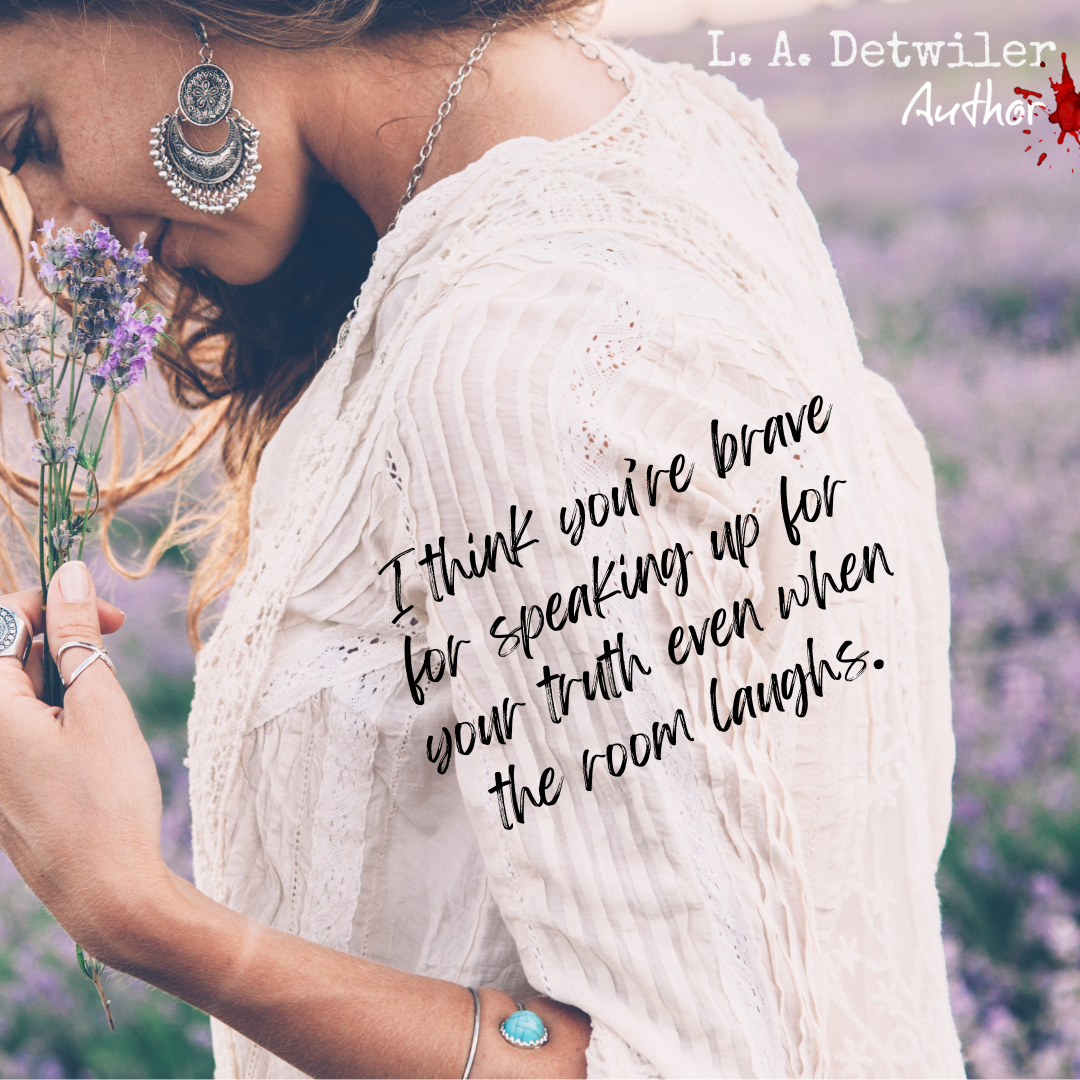Summer Beauty Must-Haves for Low Maintenance Girlies
From the first Caboodle makeup holder I received in late elementary school, I've been obsessed with beauty products. New lotions, potions, hair masks...I'm here for it all. But I also consider myself pretty low maintenance with my looks. I don't get my eyebrows or lashes done. I don't go for manis or pedis. I'm at at-home, DIY, on a budget kind of girl. I'm okay with splurging for products that work...but I want to get the most out of my money.
I'm taking some of the guess work out of your beauty routine by racking up my Sephora points...and giving the newest products a try. Learn from my loves and leave-its below. (Links are to Amazon, which I am an affiliate for, so I get a small commission if you buy using my links. But I always post products I've tried and ACTUALLY love). 1. Huda Baking Powder
I came across this setting power that is SO MUCH MORE on influencer Sydney Schiffer's page. The secret is to get the Cherry blossom variety. And yes, it's pink...but for my pale girlies, this one is the BOMB. Literally.
Since losing weight, my 30-something wrinkles around my eyes are so much more noticeable. I've been working all summer on a concealer routine that will mask my dark circles without accenting my fine lines. This powder is a lifesaver. It literally blurs your skin and makes your pores/wrinkles disappear with just a tiny bit. And it smells amazing. Check out my non-filter photo below (ignore the wonky eyeliner...it's been a morning). It also comes in a mini size, which is nice if you want to just give it a try. 2. AG Firewall Heat Protectant
My salon recommended this as a heat protectant for my hair, and I'm obsessed! It not only protects your hair but also gives you mega shine! I will say to be careful when spraying because it makes ceramic floors SLICK (My Great Dane won't walk past my vanity now because the floor is perma slippery). But the shine makes it my favorite heat protectant to date!
Find yours here. 3. Sephora Brightening Exfoliating Scrub
If you want your makeup to look smooth, sometimes it's all about the skincare. This exfoliating scrub is a perfect addition to my routine about twice a week. It's gritty, but not like the exfoliating scrubs I used as a teen. It's gentle but still sloughs off dead skin for a better makeup application. And this one is super budget friendly (around $14). Click here to check it out.
4. Pravana Intense Therapy Leave-In Conditioner
A co-worker recommended this leave-in spray, and I'm a fan! I use it twice a day. You can spray it on damp hair, or I even spray it on dry hair for a refresh because it smells AMAZING. Like amazing amazing. And it lasts forever.
Just shake it up, spray, and your hair will be so soft and smell heavenly. It also doubles as a detangler, which I love. Check itout here. 5. Good Molecules Sunscreen
My co-worker also got me hooked on Good Molecules products. They're super budget-friendly, work well, and are cruelty-free. I have so many of the serums, but my favorite product is the mineral sunscreen. It gives you protection without being greasy at all, and is less than $12. Click here to grab yours...I wear it every single day! (I also love their brightening serum).
And a product I'd leave behind...
When I decided to go darker with my hair for summer, I wanted to make sure to keep it popping. I bought Matrix Keep Me Vivid. And it works great on my locks...EXCEPT my bangs.
If you've got Taylor Swift bangs going, this product is NOT for you. Or at least not for your bangs. I couldn't figure out why my bangs constantly looked greasy, no matter what I did or how much I washed them. And then I sorted out it was this shampoo. So if you're going to give it a go, be sure to use a different shampoo on your bangs. Alright, that's all for now, everyone! Happy summer, happy shopping, and be sure to let me know what you think if you grab any of the products above! Xoxo, Lindsay (L.A.) Detwiler
0 Comments
A Free Creature Horror Short by L.A. DetwilerLooking for a spooky read? I've got a quick short story for you below. It's a creature horror set in a dystopian world, perfect for fans of A Quiet Place or Bird Box. Give it a read, and let me know what you think in the comments!The Deranged Variety
|
L.A. DetwilerUSA TODAY Bestselling Thriller author with Avon Books (HarperCollins), The Widow Next Door, The Diary of a Serial Killer's Daughter, and other creepy thriller books Categories
All
|
Proudly powered by Weebly

















 RSS Feed
RSS Feed